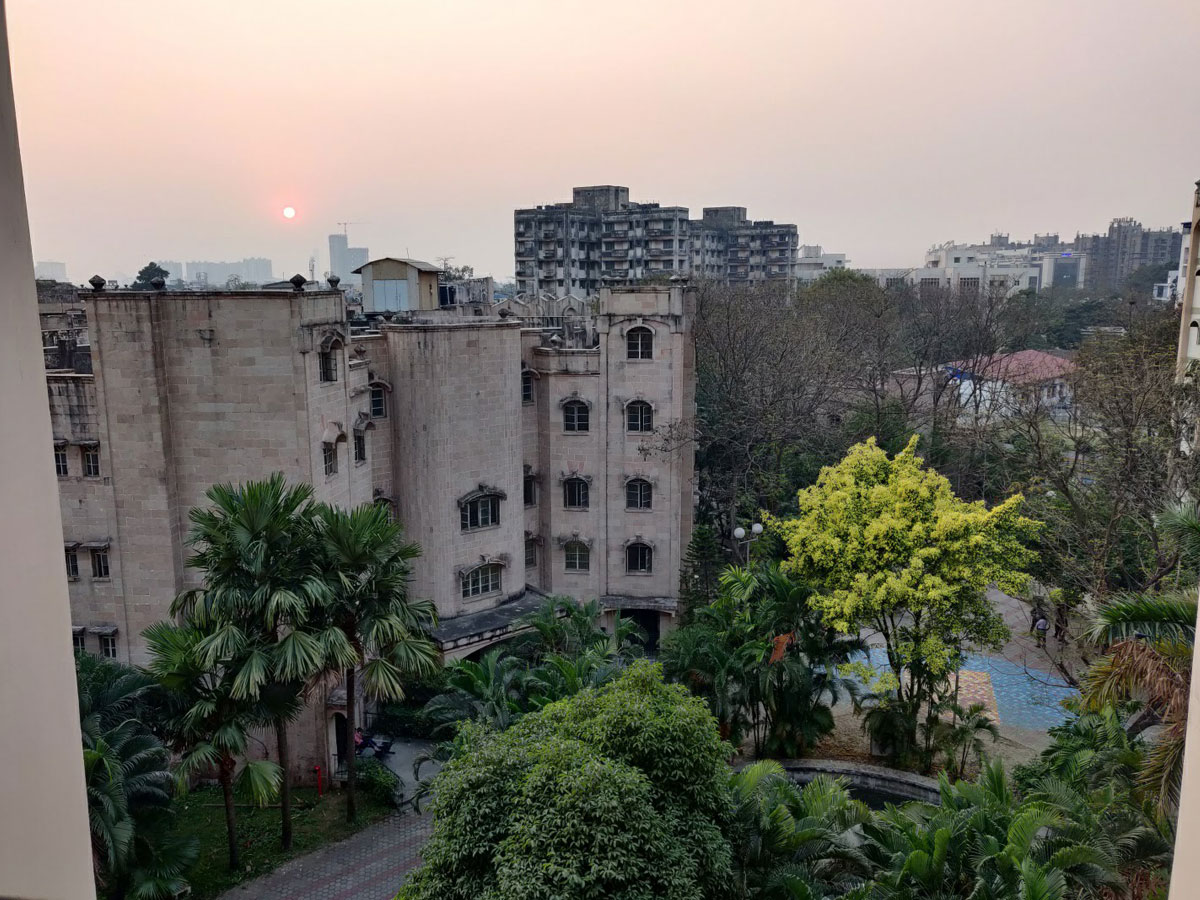

The W.B. National University of Juridical Sciences
“Dr. Ambedkar Bhawan”12, LB Block, Salt Lake, Sector-III, Kolkata-700106
Website: www.nujs.edu E-mail: csrfs@nujs.edu
Phone: +91(33) 25694700 (Ext. 2140) Mob: +91-9415067667






 Users Today : 310
Users Today : 310 Users Last 7 days : 4441
Users Last 7 days : 4441 Total views : 1092481
Total views : 1092481© 2022 The West Bengal National University of Juridical Sciences, Kolkata | All rights reserved
| Cookie | Duration | Description |
|---|---|---|
| cookielawinfo-checkbox-analytics | 11 months | This cookie is set by GDPR Cookie Consent plugin. The cookie is used to store the user consent for the cookies in the category "Analytics". |
| cookielawinfo-checkbox-functional | 11 months | The cookie is set by GDPR cookie consent to record the user consent for the cookies in the category "Functional". |
| cookielawinfo-checkbox-necessary | 11 months | This cookie is set by GDPR Cookie Consent plugin. The cookies is used to store the user consent for the cookies in the category "Necessary". |
| cookielawinfo-checkbox-others | 11 months | This cookie is set by GDPR Cookie Consent plugin. The cookie is used to store the user consent for the cookies in the category "Other. |
| cookielawinfo-checkbox-performance | 11 months | This cookie is set by GDPR Cookie Consent plugin. The cookie is used to store the user consent for the cookies in the category "Performance". |
| viewed_cookie_policy | 11 months | The cookie is set by the GDPR Cookie Consent plugin and is used to store whether or not user has consented to the use of cookies. It does not store any personal data. |